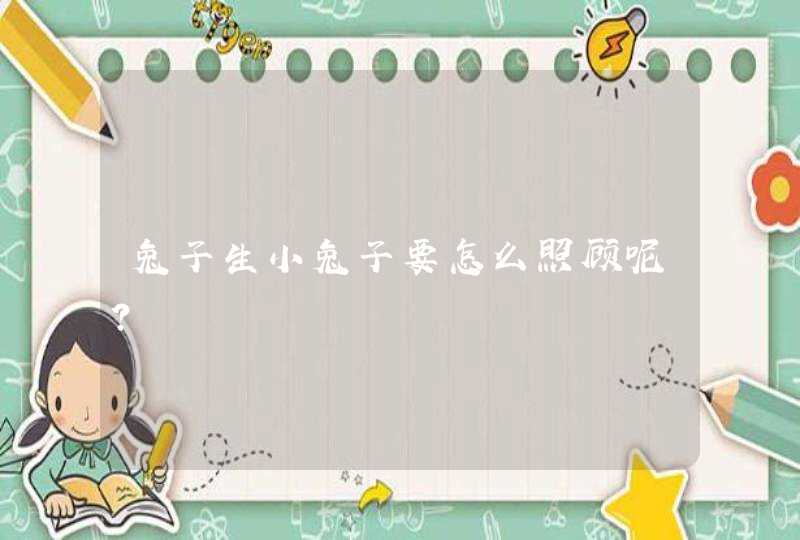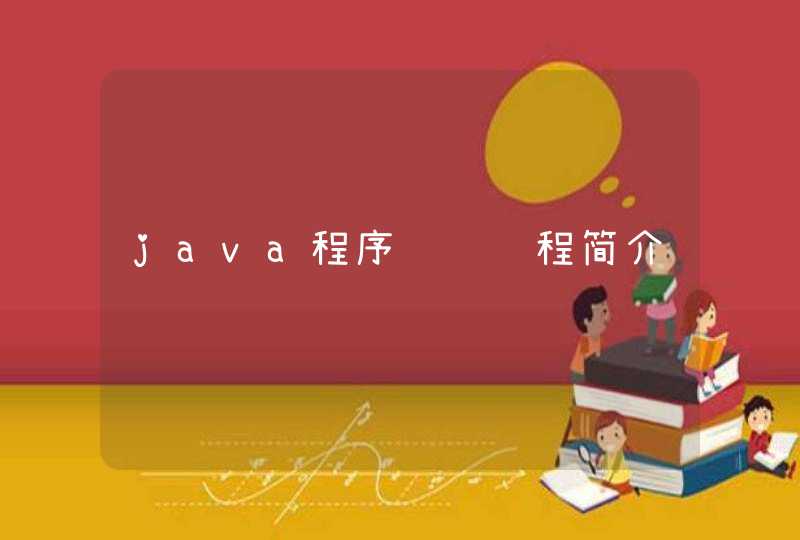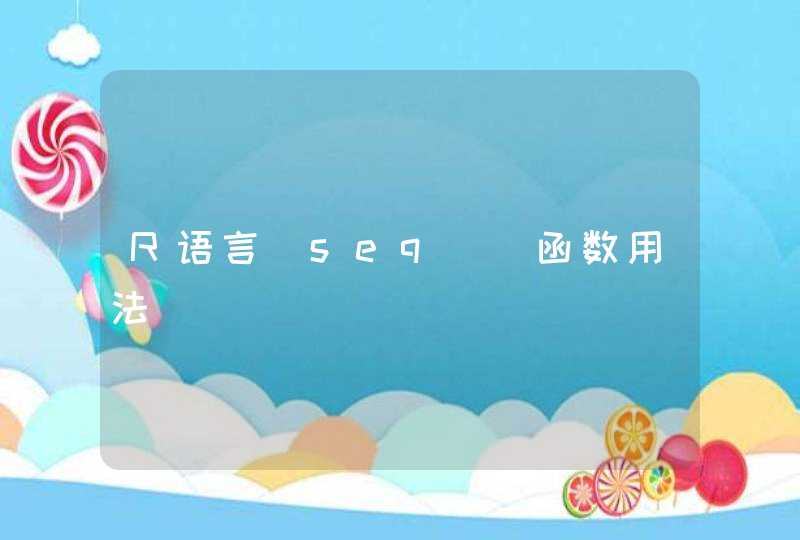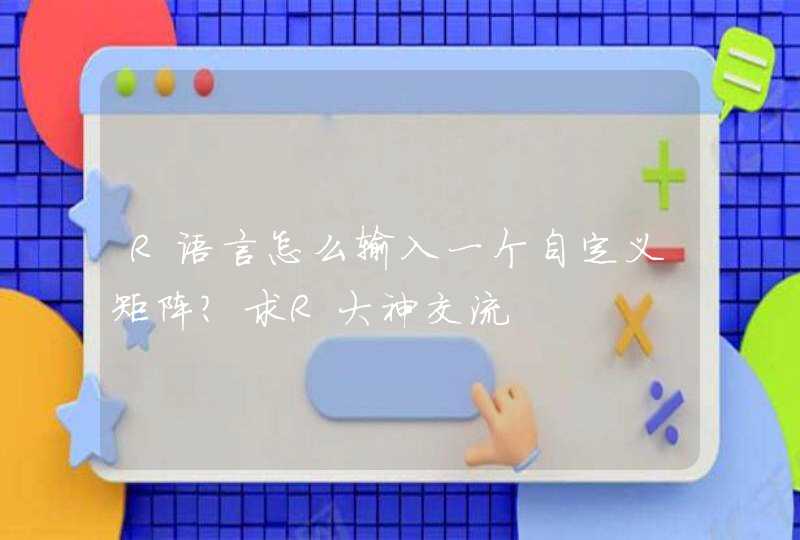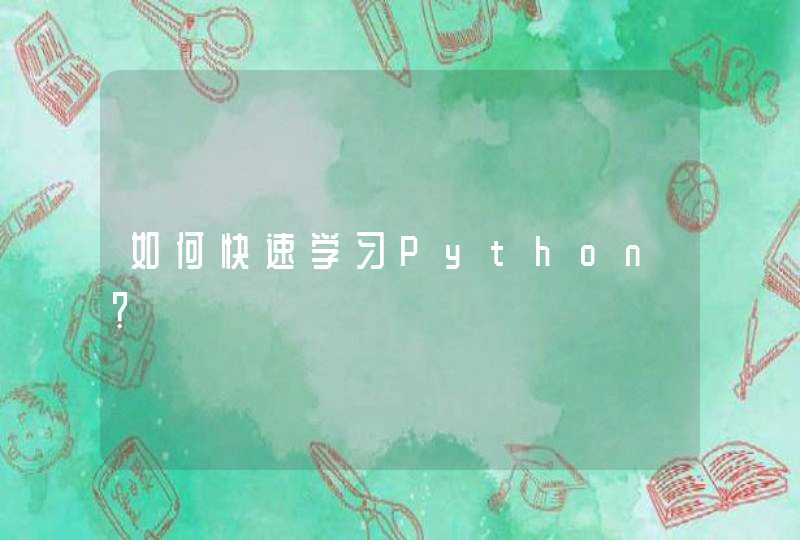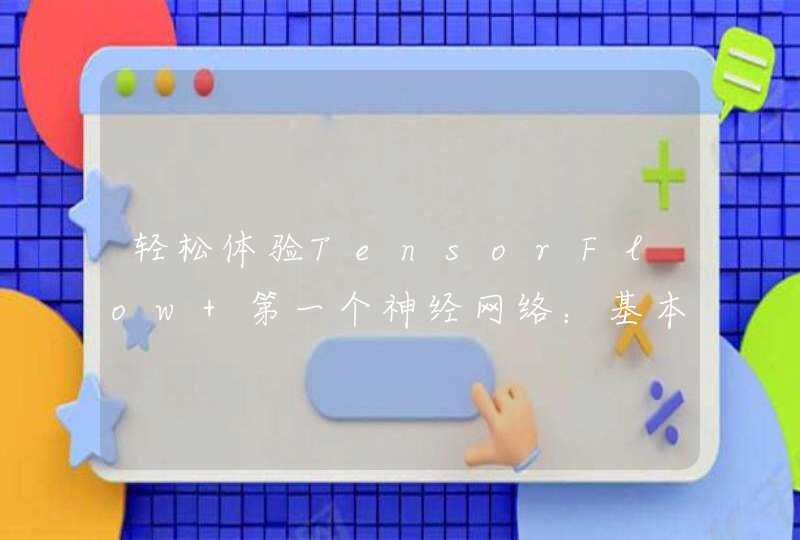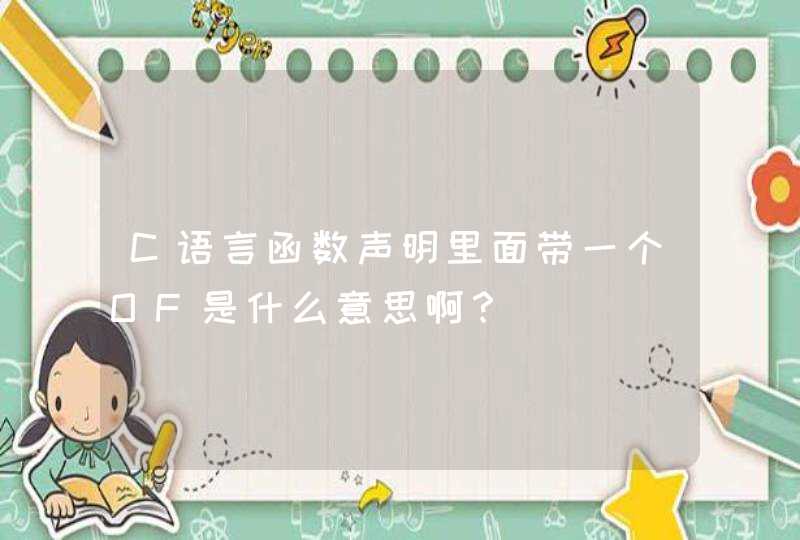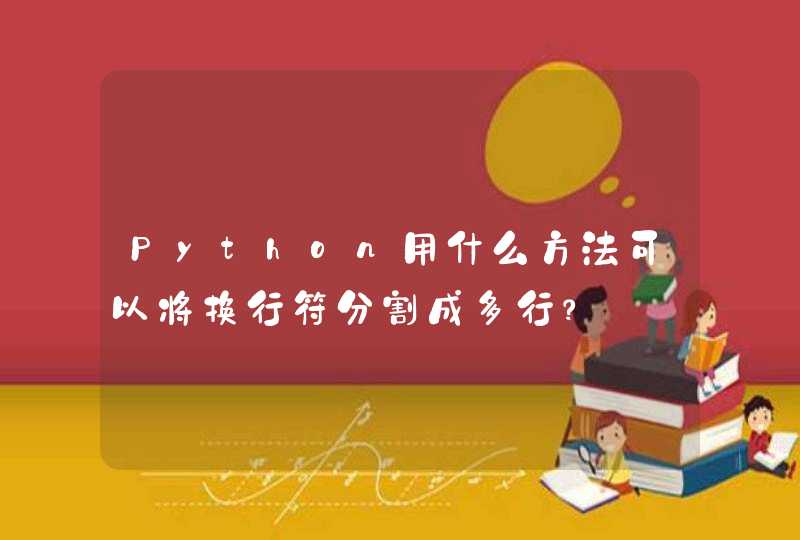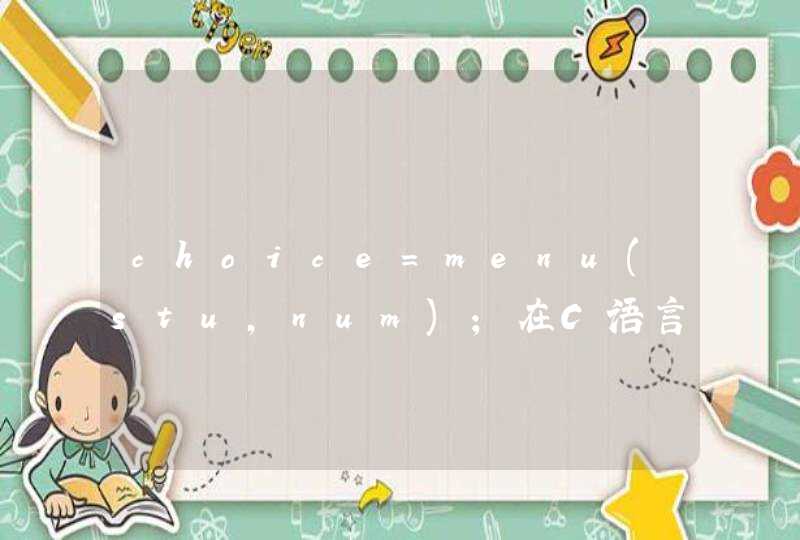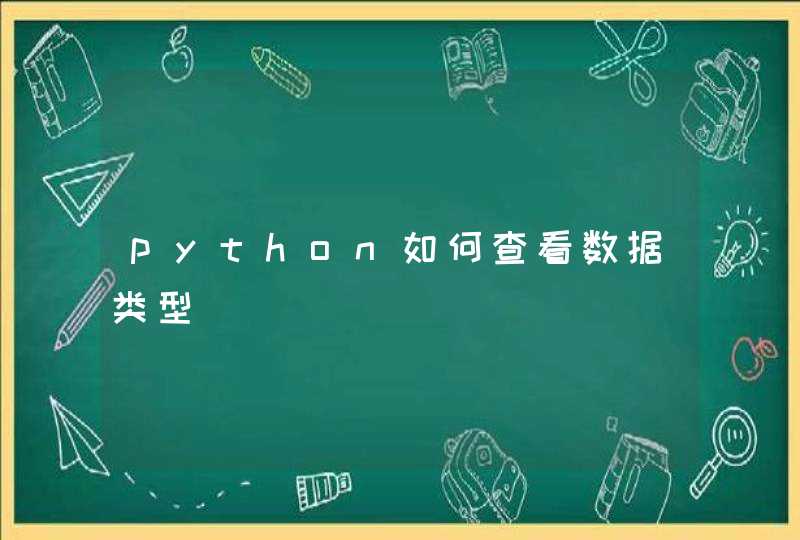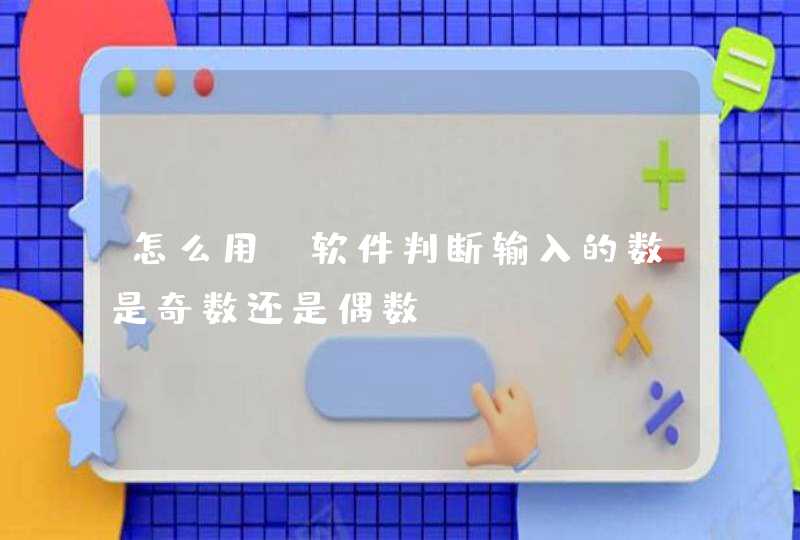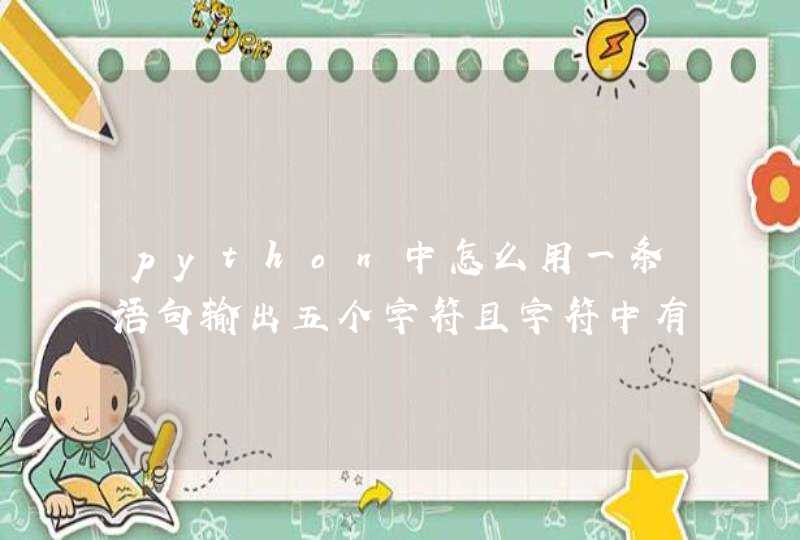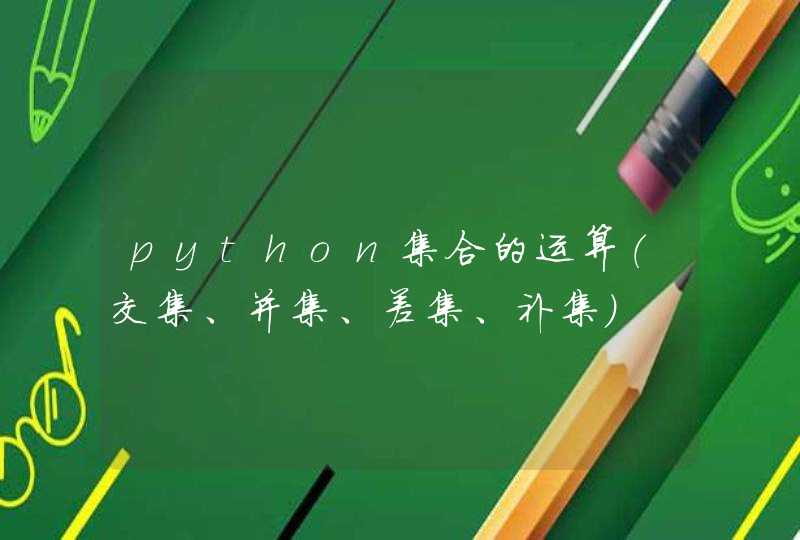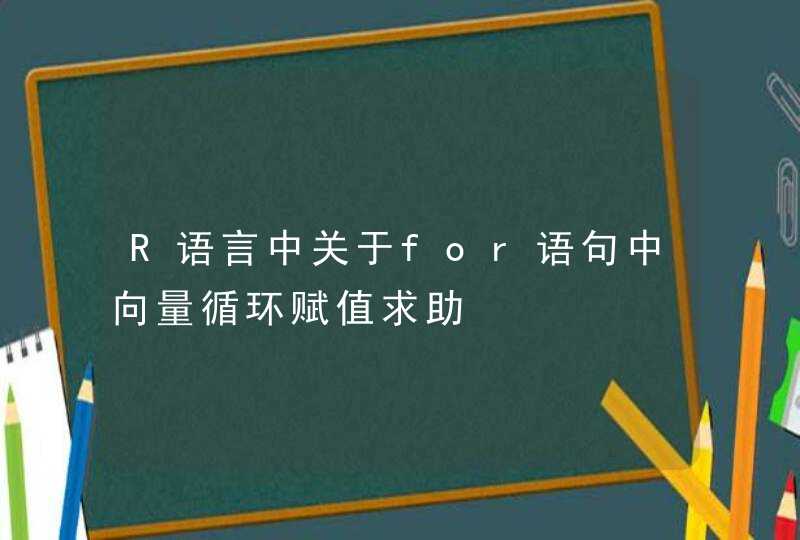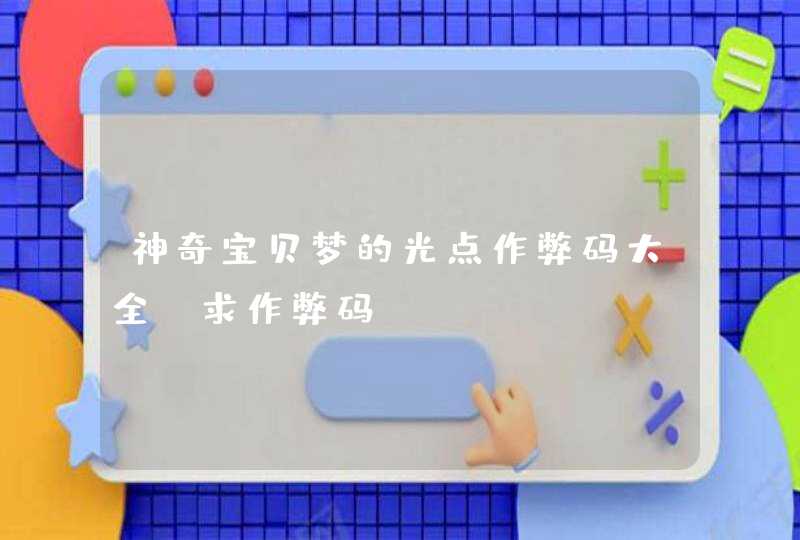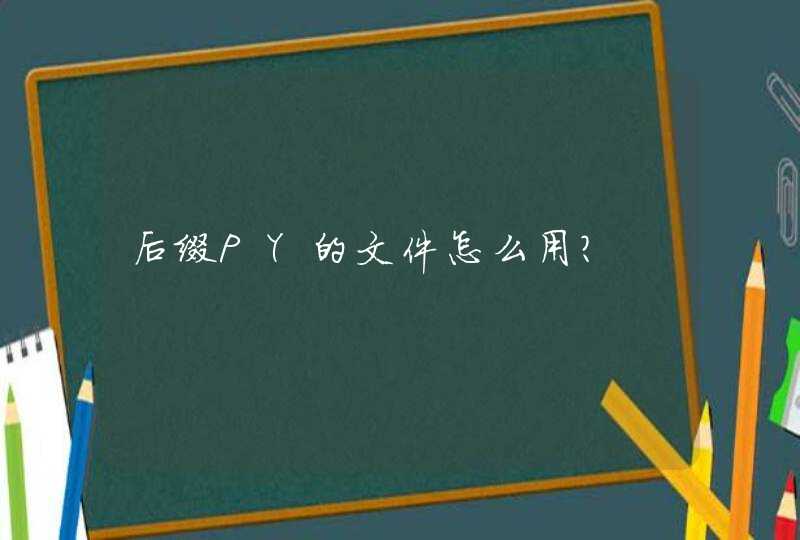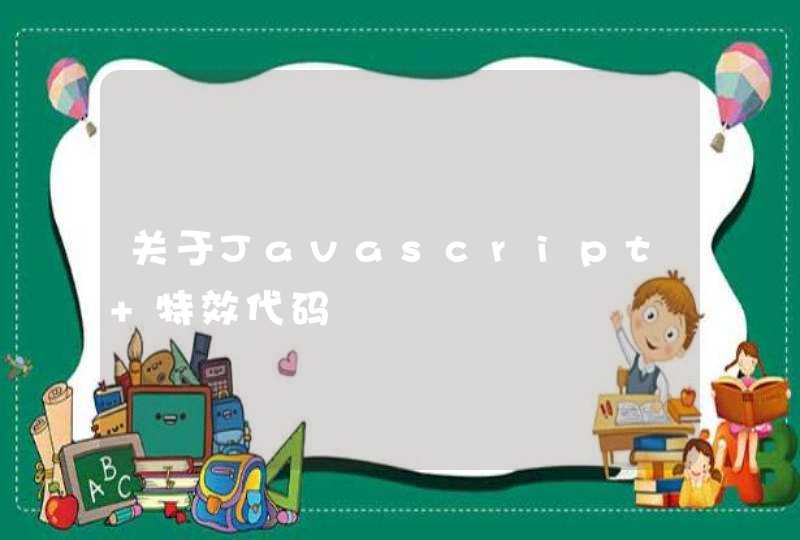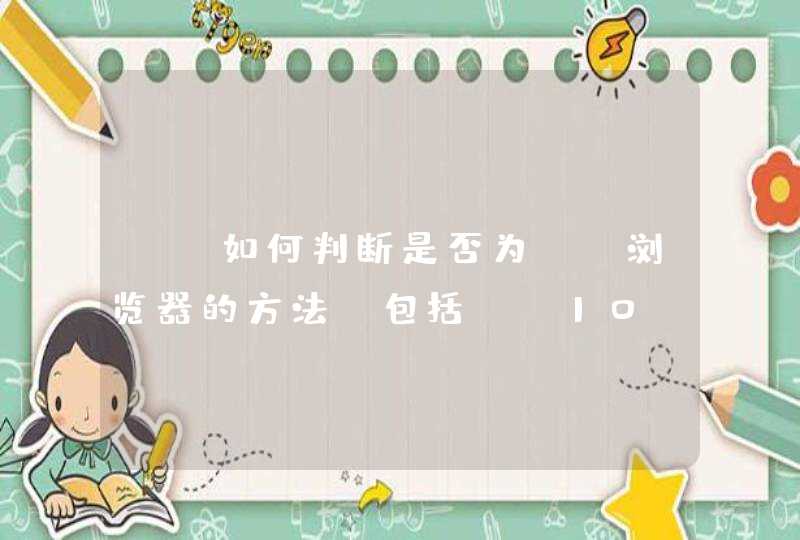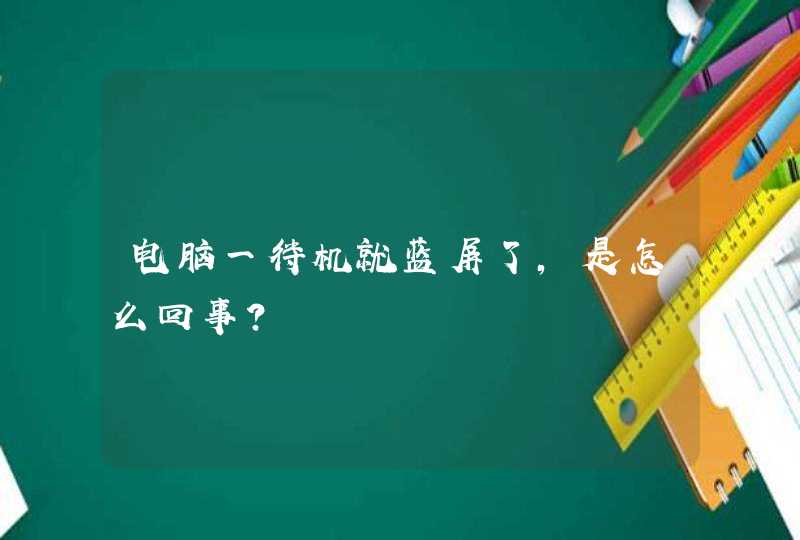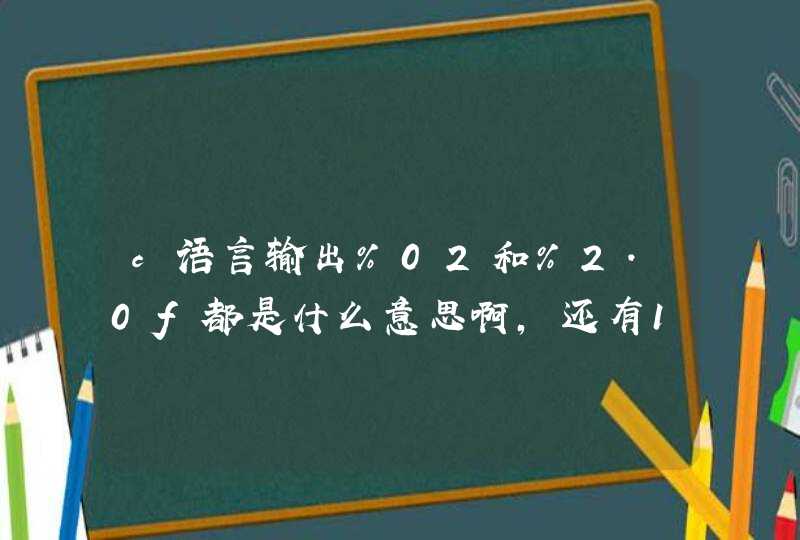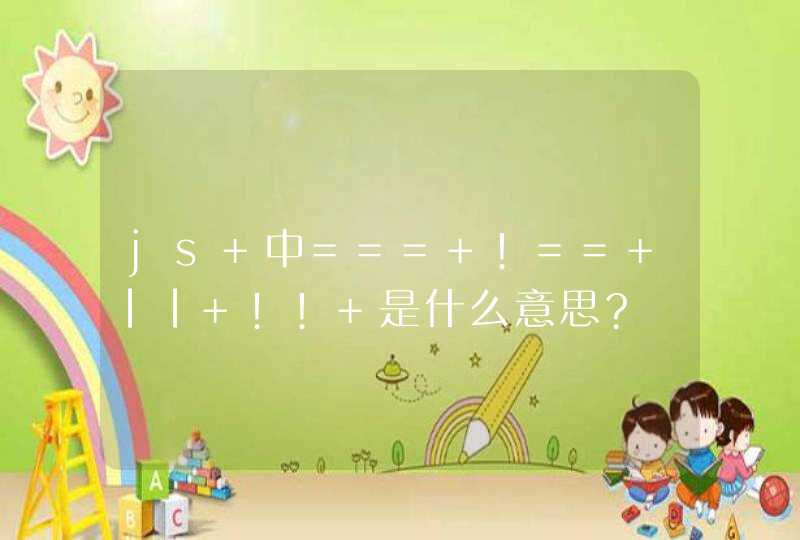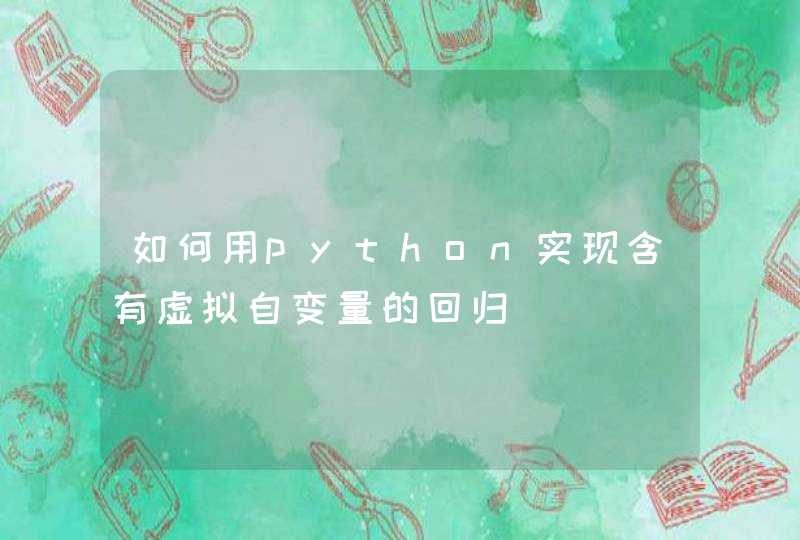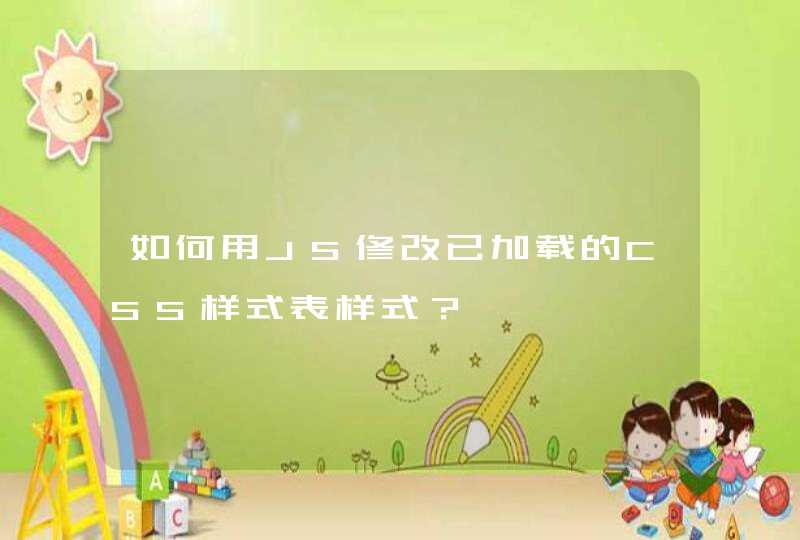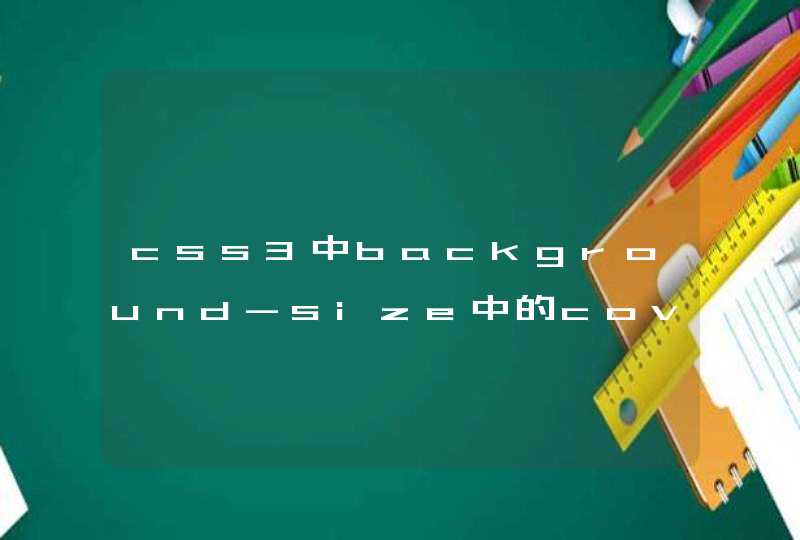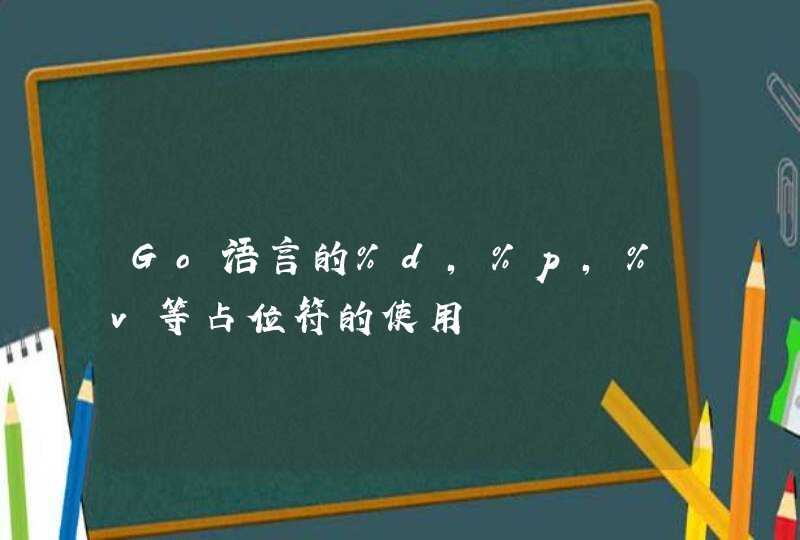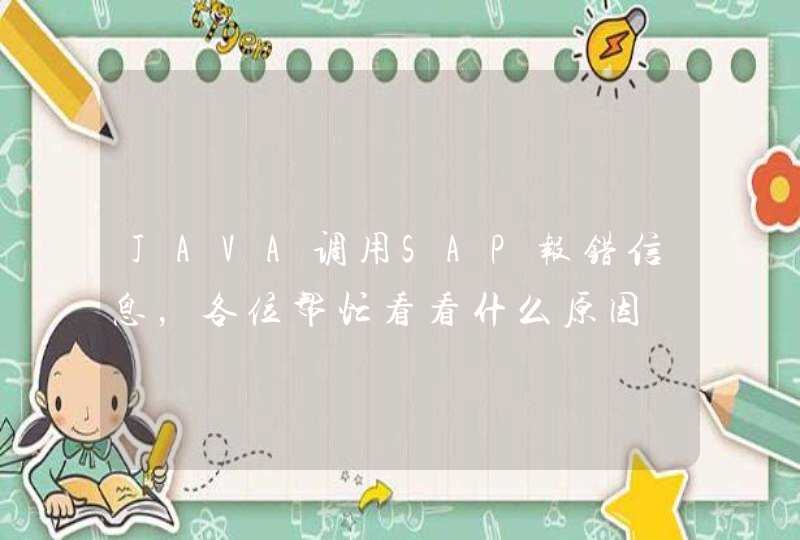
将sapjco3.dll加到web容器(resin)的lib中,而将项目的WEB-INF\lib去掉,
获取SAP连接* @return SAP连接对象
*/
public static JCoDestination connect(){
JCoDestination destination =null
try {
destination = JCoDestinationManager.getDestination(ABAP_AS_POOLED)
} catch (JCoException e) {
log.error("Connect SAP fault, error msg: " + e.toString())
}
给你举个例子吧,如下:1:Sap 域模型
package abc
public class SapSystem implements java.lang.Cloneable {
private final String name
private final String host
private final String client
private final String systemNumber
private final String user
private final String password
private final String language ="en"// English will be used as login language
/**
* Constructor, Login language is assumed to be English
* @param name
* @param client
* @param user
* @param password
* @param host
* @param systemNumber
*/
public SapSystem(String name, String host, String client
, String systemNumber, String user, String password) {
this.name = name
this.client = client
this.user = user
this.password = password
this.host = host
this.systemNumber = systemNumber
}
public String getName() {
return name
}
public String getClient() {
return client
}
public String getUser() {
return user
}
public String getPassword() {
return password
}
public String getLanguage() {
return language
}
public String getHost() {
return host
}
public String getSystemNumber() {
return systemNumber
}
@Override
public String toString() {
return "Client " + client + " User " + user + " PW " + password
+ " Language " + language + " Host " + host + " SysID "
+ systemNumber
}
@Override
public int hashCode() {
final int prime = 31
int result = 1
result = prime * result + ((client == null) ? 0 : client.hashCode())
result = prime * result + ((host == null) ? 0 : host.hashCode())
result = prime * result
+ ((language == null) ? 0 : language.hashCode())
result = prime * result + ((name == null) ? 0 : name.hashCode())
result = prime * result
+ ((password == null) ? 0 : password.hashCode())
result = prime * result
+ ((systemNumber == null) ? 0 : systemNumber.hashCode())
result = prime * result + ((user == null) ? 0 : user.hashCode())
return result
}
@Override
public boolean equals(Object obj) {
if (this == obj)
return true
if (obj == null)
return false
if (getClass() != obj.getClass())
return false
SapSystem other = (SapSystem) obj
if (client == null) {
if (other.client != null)
return false
} else if (!client.equals(other.client))
return false
if (host == null) {
if (other.host != null)
return false
} else if (!host.equals(other.host))
return false
if (language == null) {
if (other.language != null)
return false
} else if (!language.equals(other.language))
return false
if (name == null) {
if (other.name != null)
return false
} else if (!name.equals(other.name))
return false
if (password == null) {
if (other.password != null)
return false
} else if (!password.equals(other.password))
return false
if (systemNumber == null) {
if (other.systemNumber != null)
return false
} else if (!systemNumber.equals(other.systemNumber))
return false
if (user == null) {
if (other.user != null)
return false
} else if (!user.equals(other.user))
return false
return true
}
@Override
public Object clone() {
try {
return super.clone()
} catch (CloneNotSupportedException e) {
e.printStackTrace()
}
return null
}
}
=====================================
2:建立连接
import java.util.Properties
import com.sap.conn.jco.ext.DestinationDataEventListener
import com.sap.conn.jco.ext.DestinationDataProvider
import de.vogella.sap.system.model.SapSystem
/**
* Represents the destination to a specific SAP system.
* The destination is maintained via a property file
*
*/
public class MyDestinationDataProvider implements DestinationDataProvider {
static String SAP_SERVER = "SAP_SERVER"
private final Properties ABAP_AS_properties
public MyDestinationDataProvider(SapSystem system) {
Properties properties = new Properties()
properties.setProperty(DestinationDataProvider.JCO_ASHOST, system
.getHost())
properties.setProperty(DestinationDataProvider.JCO_SYSNR, system
.getSystemNumber())
properties.setProperty(DestinationDataProvider.JCO_CLIENT, system
.getClient())
properties.setProperty(DestinationDataProvider.JCO_USER, system
.getUser())
properties.setProperty(DestinationDataProvider.JCO_PASSWD, system
.getPassword())
ABAP_AS_properties = properties
}
@Override
public Properties getDestinationProperties(String system) {
return ABAP_AS_properties
}
@Override
public void setDestinationDataEventListener(
DestinationDataEventListener eventListener) {
}
@Override
public boolean supportsEvents() {
return false
}
}
==================
import com.sap.conn.jco.JCoContext
import com.sap.conn.jco.JCoDestination
import com.sap.conn.jco.JCoDestinationManager
import com.sap.conn.jco.JCoException
import com.sap.conn.jco.JCoFunction
import com.sap.conn.jco.JCoRepository
import de.vogella.sap.system.model.SapSystem
/**
* Connection allows to get and execute SAP functions. The constructor expect a
* SapSystem and will save the connection data to a file. The connection will
* also be automatically be established.
*/
public class Connection {
static String SAP_SERVER = "SAP_SERVER"
private JCoRepository repos
private JCoDestination dest
public Connection(SapSystem system) {
MyDestinationDataProvider myProvider = new MyDestinationDataProvider(system)
com.sap.conn.jco.ext.Environment
.registerDestinationDataProvider(myProvider)
try {
dest = JCoDestinationManager.getDestination(SAP_SERVER)
System.out.println("Attributes:")
System.out.println(dest.getAttributes())
repos = dest.getRepository()
} catch (JCoException e) {
throw new RuntimeException(e)
}
}
/**
* Method getFunction read a SAP Function and return it to the caller. The
* caller can then set parameters (import, export, tables) on this function
* and call later the method execute.
*
* getFunction translates the JCo checked exceptions into a non-checked
* exceptions
*/
public JCoFunction getFunction(String functionStr) {
JCoFunction function = null
try {
function = repos.getFunction(functionStr)
} catch (Exception e) {
e.printStackTrace()
throw new RuntimeException(
"Problem retrieving JCO.Function object.")
}
if (function == null) {
throw new RuntimeException("Not possible to receive function. ")
}
return function
}
/**
* Method execute will call a function. The Caller of this function has
* already set all required parameters of the function
*
*/
public void execute(JCoFunction function) {
try {
JCoContext.begin(dest)
function.execute(dest)
} catch (JCoException e) {
e.printStackTrace()
} finally {
try {
JCoContext.end(dest)
} catch (JCoException e) {
e.printStackTrace()
}
}
}
}
======================
3:测试连接
import static org.junit.Assert.assertTrue
import org.junit.Test
import com.sap.conn.jco.JCoFunction
import com.sap.conn.jco.JCoTable
import de.vogella.sap.rfc.core.connection.Connection
import de.vogella.sap.system.model.SapSystem
public class ConnectionTester {
static String SAP = "SAP_SERVER"
@Test
public void checkConnection() {
// SAP System
SapSystem system = new SapSystem("PFT", "pwdf6394.wdf.sap.corp", "600", "76", "mytester", "welcome")
Connection connect = new Connection(system)
JCoFunction function = connect.getFunction("BAPI_USER_GETLIST")
function.getImportParameterList().setValue("MAX_ROWS", 10)
connect.execute(function)
JCoTable table = function.getTableParameterList().getTable("USERLIST")
assertTrue("User Tabelle should not be empty", !table.isEmpty())
}
}
======================
4:简化JCo存取
import com.sap.conn.jco.JCoTable
/**
* TableAdapter is used to simplify the reading of the values of the Jco tables
*/
public class TableAdapterReader {
protected JCoTable table
public TableAdapterReader(JCoTable table) {
this.table = table
}
public String get(String s) {
return table.getValue(s).toString()
}
public Boolean getBoolean(String s) {
String value = table.getValue(s).toString()
return value.equals("X")
}
public String getMessage() {
return table.getString("MESSAGE")
}
public int size() {
return table.getNumRows()
}
public void next() {
table.nextRow()
}
}
5:最后测试
import static org.junit.Assert.assertNotNull
import static org.junit.Assert.assertTrue
import org.junit.Test
import com.sap.conn.jco.JCoFunction
import com.sap.conn.jco.JCoTable
import de.vogella.sap.rfc.core.connection.Connection
import de.vogella.sap.rfc.helper.TableAdapterReader
import de.vogella.sap.system.model.SapSystem
public class TableAdapterTester {
@Test
public void checkConnection() {
// SAP System
SapSystem system = new SapSystem("PFT", "pwdf6394.wdf.sap.corp", "600",
"76", "mytester", "welcome")
Connection connect = new Connection(system)
JCoFunction function = connect.getFunction("BAPI_USER_GETLIST")
function.getImportParameterList().setValue("MAX_ROWS", 10)
connect.execute(function)
JCoTable table = function.getTableParameterList().getTable("USERLIST")
TableAdapterReader adapter = new TableAdapterReader(table)
System.out.println("Number of Users: " + adapter.size())
for (int i = 0i <adapter.size()i++) {
// USERNAME is a column in the table "USERLIST"
String s = adapter.get("USERNAME")
assertNotNull(s)
assertTrue(s.length() >0)
System.out.println(s)
adapter.next()
}
assertTrue("User Tabelle should not be empty", !table.isEmpty())
}
}


